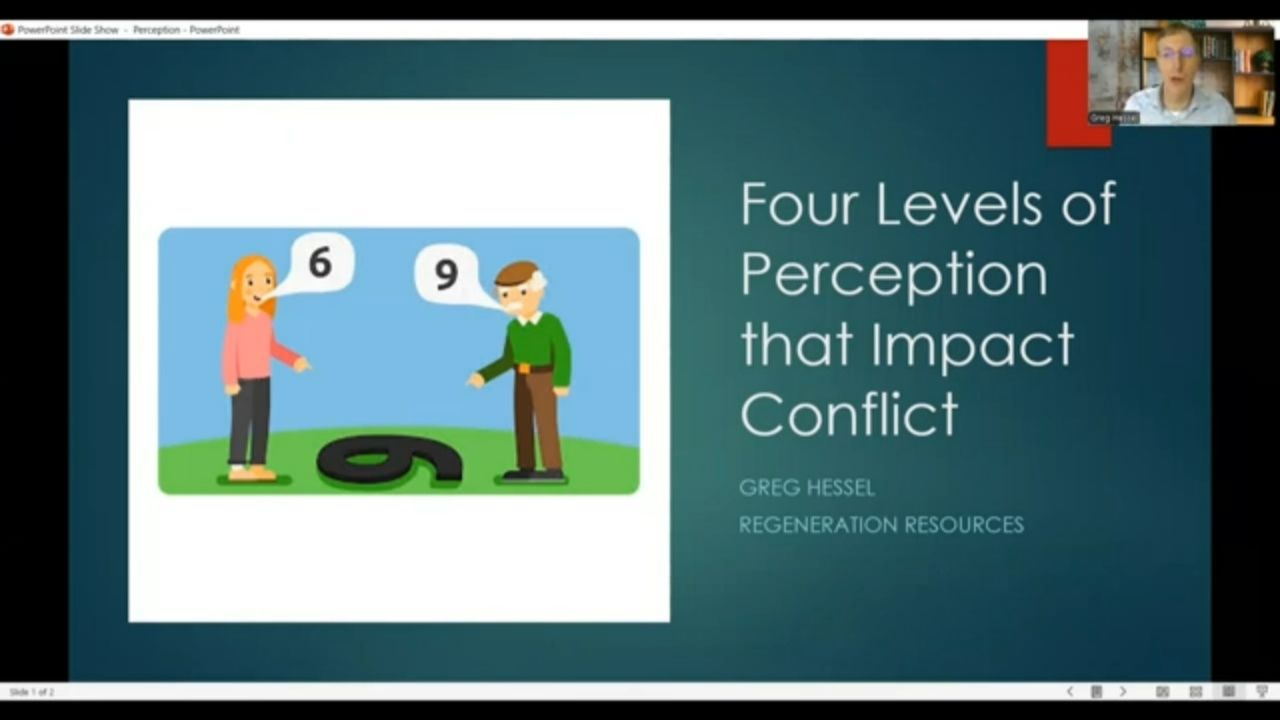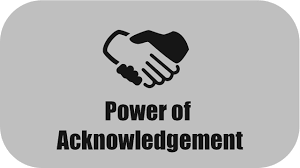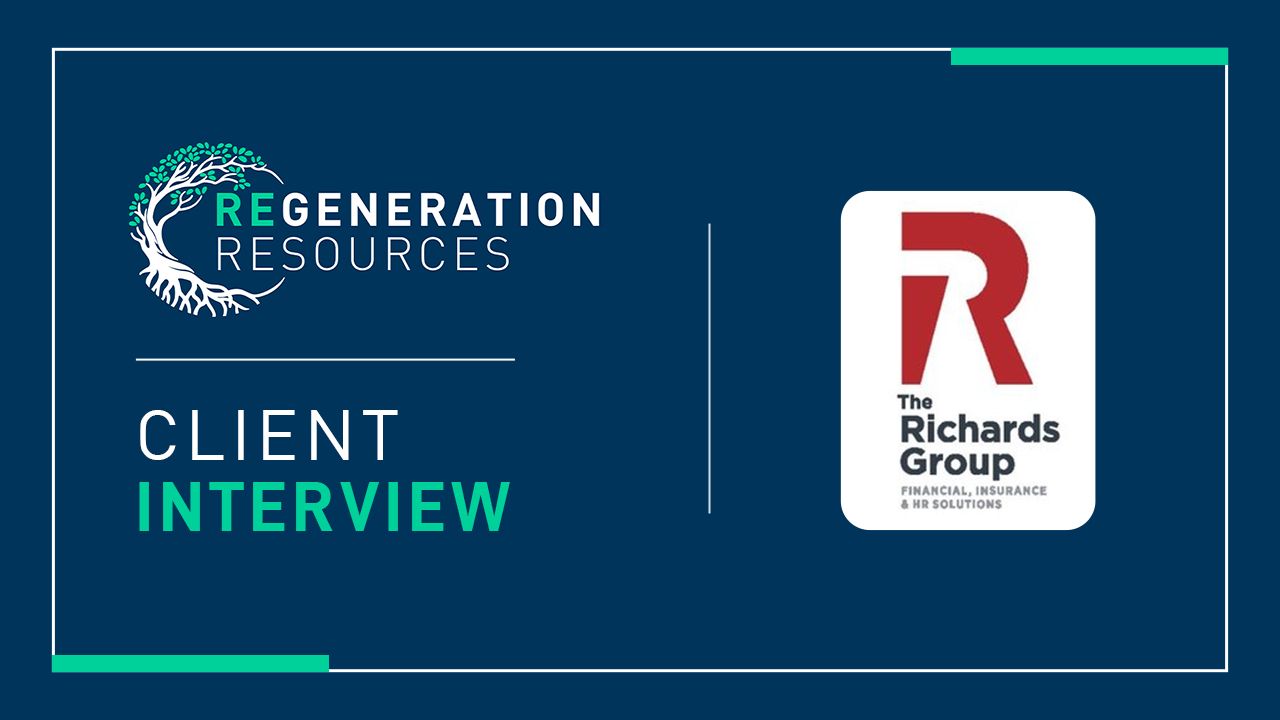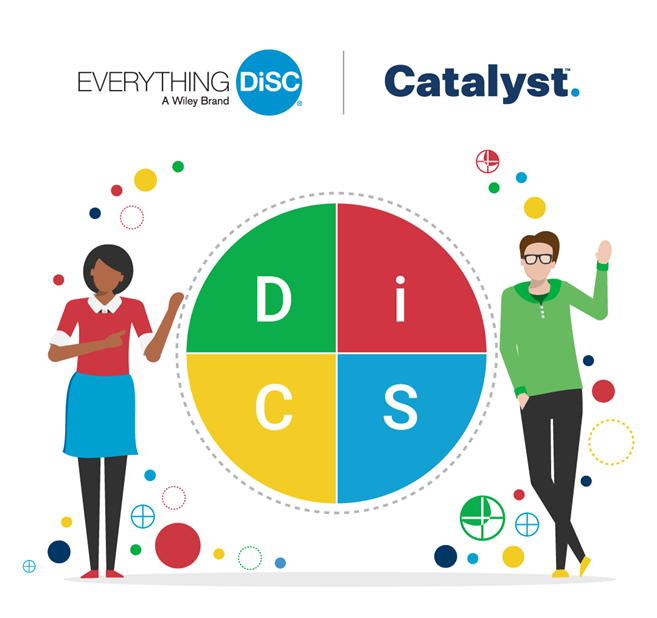Conflict Management 101: Win/Win or No Deal

We hear a lot about creating win/win solutions. But most of us are not particularly good at doing it. As a demonstration of this when I am training, I sometimes take out two five-dollar bills. I ask people to pair up and offer to give the money to the first two people who can convince the person they are paired up with to stand behind their chair. Usually, within 15 or 20 seconds a few people have someone standing behind their chairs, and I give them the two five-dollar bills. These people won, but the person they convinced to stand up lost. Sometimes the pairs agree to split the money, which some people think is creating win/win – but it is not. Splitting the money is getting each person a half of what they could have gotten.
Win/win in this situation would involve each person in the pair getting up and standing behind the other’s chair. But in being so committed to getting what we want as individuals, we don’t focus on the fact that we can help the other person get what they want also. Frequently both parties can get all of what they want.
As Stephan Covey says in Seven Habits of Highly Effective People, “Win/Win is not a technique; it’s a total philosophy of human interaction.” But we don’t know how to get to win/win because, as Covey writes, “Most people have been deeply scripted in the Win/Lose mentality since birth.”
To get to Win/Win we must be curious and listen carefully to the other person. We must be able to assess whether our needs are mutually exclusive, or if we can both get what we want. It often necessitates backing away from specific solutions to inquire into what is most important to the other person. Interestingly, people do not often lead with what is most important to them.
A woman I once worked with entered a post-divorce mediation asking for custody to be changed so that the children would not have to visit their father. The woman insisted on this change because the children had not been getting along with their father. What she (and the father) really wanted however, was for the father and the children to heal their relationship. After some negotiation, the woman agreed to let the father pursue some counseling with the children. After a few sessions, they had worked many of their problems out. In this Win/Win example, everyone got what they wanted – although for the women, what she most wanted was different from what she initially demanded.
To get to Win/Win we need to stay curious about what the other person wants and we need to commit to solving our own problems and the issues that are important to the other person. We must, as Steven Covey says, commit to win/win or no deal.
Every few months I produce a free newsletter. No Spam. Unsubscribe anytime.
For a taste, view the archives
SUBSCRIBE
Thank you for contacting us. We promise not to Spam you and we'll get back to you as soon as possible.
Please try again later.
Blogs and vlogs are sorted by topic at the bottom of each service page
STRATEGIC PLANNING
CHANGE MANAGEMENT
CONFLICT MANAGEMENT
TEAM BUILDING
ASSESSMENTS
EXECUTIVE COACHING
IMPROVING EFFICIENCY
BOARD DEVELOPMENT
See the world as you want it to be and learn how to make it that way.
802-251-0048
Brattleboro, VT 05301
QUICK LINKS
SERVICES
SUBSCRIBE
Thank you for contacting us. We promise not to Spam you and we'll get back to you as soon as possible.
Please try again later.




